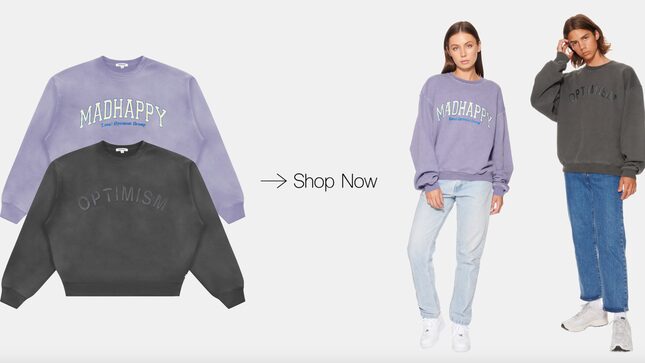Will These $140 'Mental Health' Sweatpants Fill My Lexapro Prescription?
Latest

When an inanimate object declares that its purpose it to “raise awareness,” I run as fast as possible in the opposite direction. Mainly because it signals the sentient robots that pull the strings of our planet have finally unmasked themselves, but also because somewhere, in a boardroom high above New York City, a corporate ghoul is about to make some money off your empathy. (Or need to impress your friends—pick one!)
-

-

-

-

-

-

-

-

-

-

-

-

-

-

-

-

-

-

-

-

-

-

-

-

-

-

-

-

-

-

-

-

-

-

-

-

-

-

-

-








































